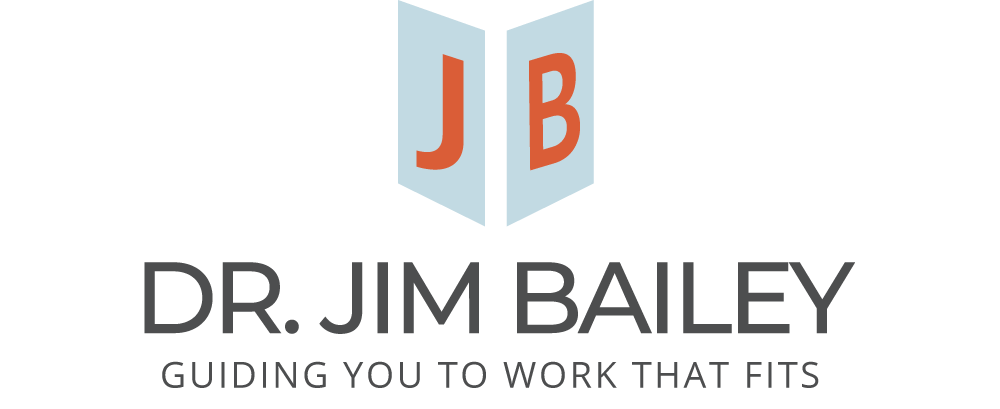Using Your Time in the Wilderness
The other day I met with a prospective client who was uncertain whether working with me would provide the answers she was seeking. A series of difficult events had collided like a perfect storm in her life, and she was struggling to get her bearings.
She began by telling me she was uncertain whether she was doing the type of work she was made for but went further to explain that much of her life felt uncomfortable or unfamiliar. While most of the larger things she usually used to introduce herself to strangers were unchanged - happily married, two children, with the same company for several years - she still felt a bit “lost” in her own life.
Feeling lost or disoriented is something every human being experiences, though most of us never sum up the courage to ask someone if she or he has felt that way. At some point everyone goes through a time where they feel lost or in-between. Because I like to hike in remote places, and have occasionally wandered off the well-marked trail, I refer to these times as “being in the wilderness”. It’s not that you’re fully lost, but you aren’t in a place that feels emotionally familiar or “safe” either.
Some people experience being in the wilderness as disorienting, very uncomfortable or even frightening. Our lives are not what they once were, with all our familiar ways of thinking about things, nor are we at the “next” place, where the new ways and patterns of our lives are part of our daily routines. We are in-between and, being immersed in a world of instant gratification, we long for instant relief.
An author once described being in the wilderness or in-between as being like a trapeze artist, where we have let go of the trapeze bar and are now in mid-air, and not yet been grasped by the “catcher” on the other side. We’re disconnected from one certainty but not yet connected with the next certainty, so we float, vulnerable, between the two places. We grasp, sometimes frantically, for the bar of certainty that floats just beyond our vision or reach.
But the tension we feel when we’re in the wilderness can provide something that’s essential for our personal growth and development - the impetus to ask the right questions. While all human beings seek security and comfort, being secure and comfortable isn’t a good formula for personal growth - just as unplowed soil isn’t likely to yield an abundant crop. Wilderness forces us to dig and ask deeper questions that often have life-changing answers.
I sometimes have my clients who feel lost in the wilderness write down the more unsettling feelings and questions they’re experiencing. They often return with things like: “Why does my work feel pointless”; “Why are my relationships unfulfilling”; “What’s missing from my life” or “Am I who I want to be”. All are profound existential questions that every person might experience but would only seek to answer if their present situation is uncomfortable, unsettled, or painful.
As a career coach I recognize that our careers, or more specifically, our vocations, are only one piece of a larger quilt that makes up our identities - who we are. And it’s who we are that should, to a great degree, determine what we choose to do with our lives.
Being in the wilderness will probably never be comfortable for an average person. But our time in the wilderness offers us opportunities to explore and identify in better detail where we want to go, what we want to accomplish, and what are the essential qualities or characteristics we want in our lives when we “arrive” at our next place. Rushing through the wilderness phases of our lives places us at risk for missing out on the reflection and contemplation required to answer life’s most important questions.
In many ways the wilderness is a gift given to the person who wants to be wise about taking the next steps in their career or life path.
I’ve walked beside many clients and friends who are experiencing time in the wilderness. Having been there a few, (too many?) times myself, I’m familiar with the terrain and the trail markers that you must experience to recognize. (Someone who has been lost better understands the value of a guide.) If you find yourself in the wilderness reach out to a friend who’s been there or, if you’d like, give me a call. I’m always glad to help someone find their way.

